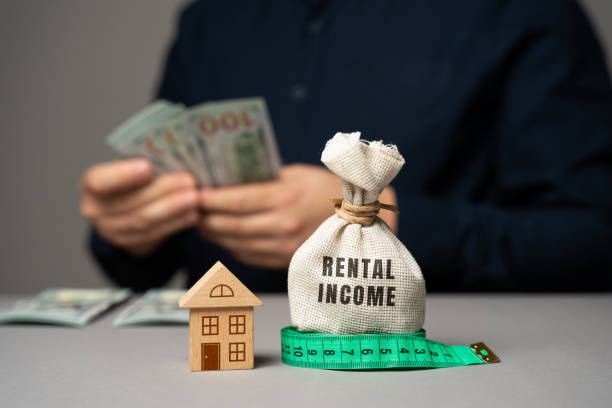Maximize Your Rental Income with CRA Rules 2024

Navigating the complexities of CRA rental income can be daunting for property owners and landlords. Whether you’re renting out a single property or multiple units, understanding how the Canada Revenue Agency (CRA) treats rental income is crucial to staying compliant and optimizing your tax situation. The 2024 tax year brings some clarifications and key reminders that landlords should be aware of to avoid unexpected tax headaches.
What Counts as CRA Rental Income?
CRA rental income includes the total amount you receive from renting out a property. This typically covers rent payments from tenants, but it can also include additional payments such as fees for parking spaces, laundry machines, or other services provided alongside the rental. It is important to report all forms of income to the CRA accurately.
Expenses You Can Deduct Against Rental Income
One of the main benefits of earning rental income is the ability to deduct expenses related to your rental property, reducing your taxable income. Eligible expenses often include:
-
Mortgage interest (note: only interest, not principal payments)
-
Property taxes
-
Insurance premiums
-
Repairs and maintenance costs
-
Utilities paid by the landlord
-
Advertising for tenants
-
Professional fees, such as legal or accounting costs
It’s essential to keep clear and organized records to substantiate these deductions in case of an audit by the CRA.
Reporting Rental Income on Your Tax Return
Rental income is reported on Form T776 – Statement of Real Estate Rentals. You’ll need to detail your income and expenses, and the net income will be included in your overall taxable income for the year. The CRA expects all rental income to be declared, even if you rent the property for only part of the year or if the payments were made in cash.
Special Considerations for 2024
In 2024, the CRA continues to emphasize transparency and proper documentation for rental income. New guidelines have encouraged landlords to maintain digital records and highlighted the importance of declaring income from all short-term rentals, including platforms like Airbnb. Failing to report rental income can lead to penalties and interest charges.
Also, if you share your rental property with a tenant but use part of it yourself (e.g., a duplex where you live in one unit), you must prorate your income and expenses accordingly. The CRA provides detailed instructions on how to handle these mixed-use scenarios.
Common Mistakes to Avoid with CRA Rental Income
-
Underreporting Income: All rental income, regardless of how you receive it, must be reported.
-
Mixing Personal and Rental Expenses: Only expenses directly related to the rental portion can be deducted.
-
Ignoring Capital Expenses: Major renovations or improvements aren’t deducted as expenses but should be capitalized and claimed through capital cost allowance (CCA).
-
Neglecting to Keep Receipts: Without proper documentation, your deductions may be disallowed.
How TaxHeadaches Can Help
At TaxHeadaches, we understand how overwhelming tax compliance can be, especially with rental properties. Our team specializes in CRA rental income and can help you prepare your taxes accurately, maximize your deductions, and avoid costly mistakes. Whether you’re a first-time landlord or an experienced investor, we provide tailored advice and services to make your tax season hassle-free.
Impact of Rental Income on Your Overall Taxes
Rental income affects your overall tax situation because it adds to your total taxable income for the year. Depending on your other sources of income, this could push you into a higher tax bracket, increasing the amount of tax you owe. It’s important to plan accordingly and consider the timing of rental income and expenses. For example, prepaying certain deductible expenses before the end of the tax year can help reduce your taxable rental income. Working with a tax professional can help you strategize these details to minimize your tax liability.
Reporting Rental Losses and Carrying Them Forward
If your rental expenses exceed your rental income in a given year, you may have a rental loss. The CRA allows you to deduct rental losses against other income, but there are specific rules to qualify. Additionally, if you cannot use the rental loss in the current year, you may be able to carry it forward to offset income in future years. This can provide valuable tax relief for landlords during years of high expenses or vacancies. Understanding how to properly report and utilize rental losses ensures you maximize your tax benefits without risking CRA penalties.
Conclusion
Understanding CRA rental income rules and regulations is vital for any landlord or property owner in 2024. With proper reporting and the right knowledge of deductible expenses, you can keep your tax burden manageable and stay on the CRA’s good side. For expert assistance and personalized guidance on rental income taxation, contact TaxHeadaches—your trusted partner in navigating Canada’s tax complexities.
visit: hituponviews








